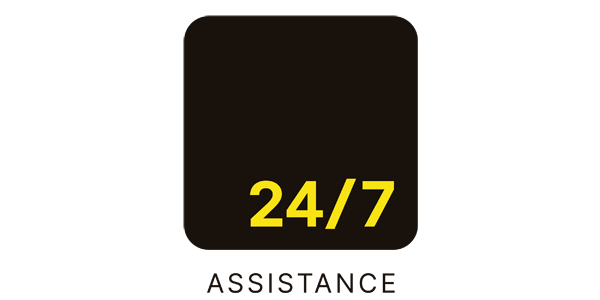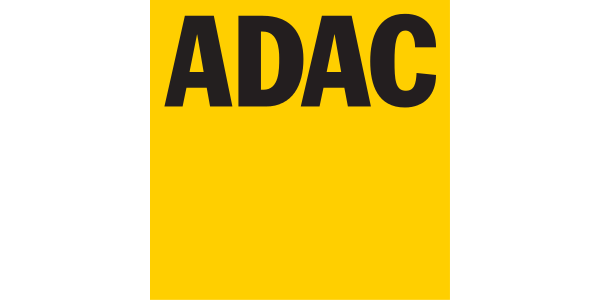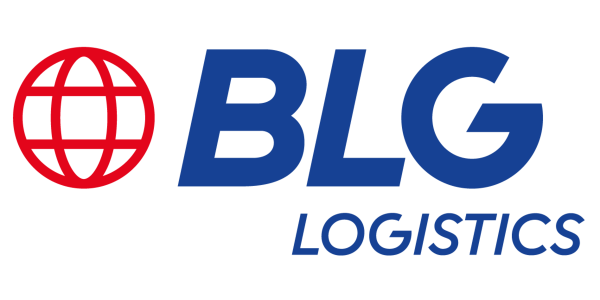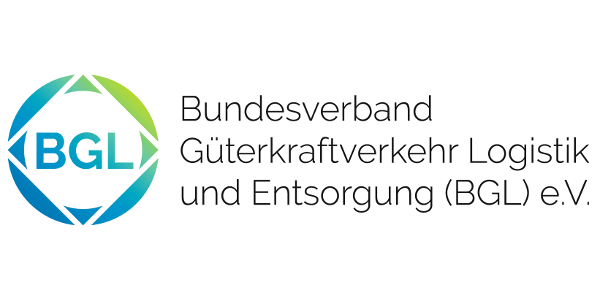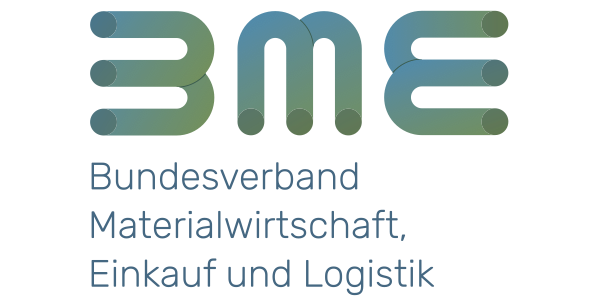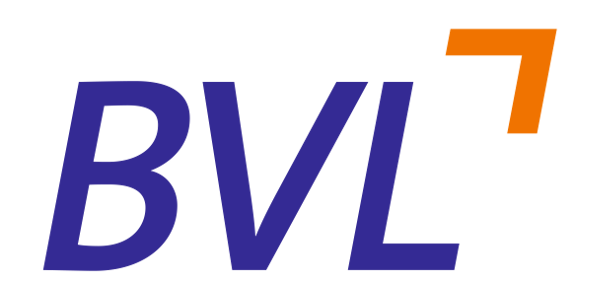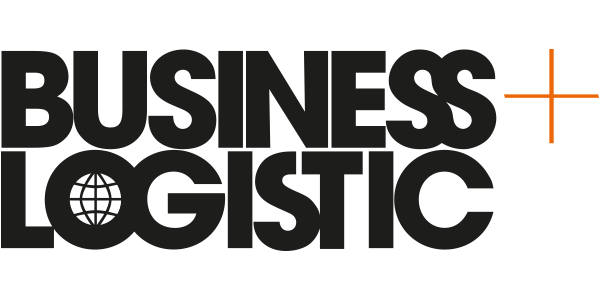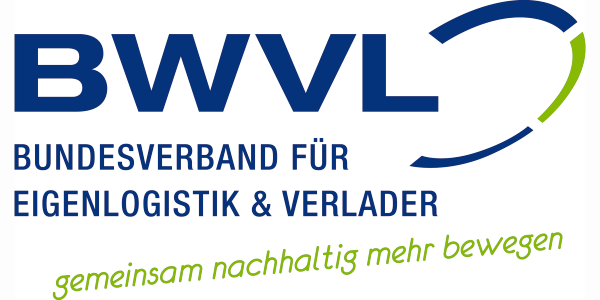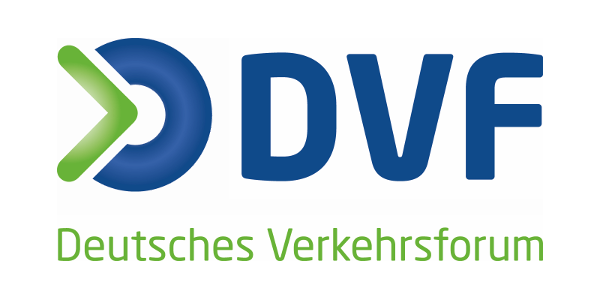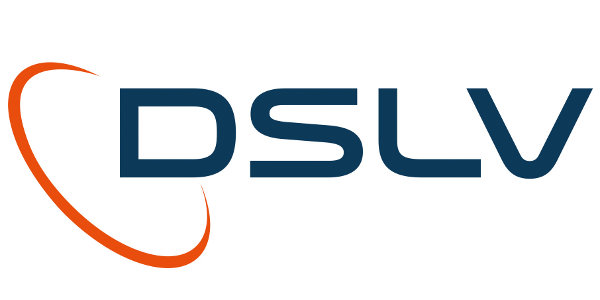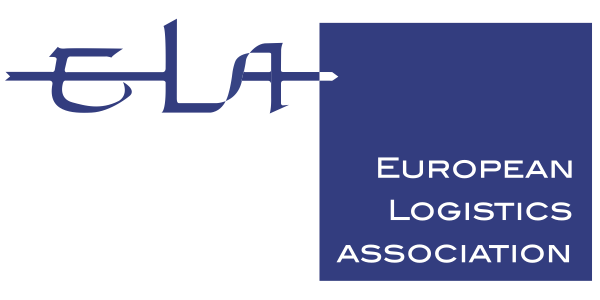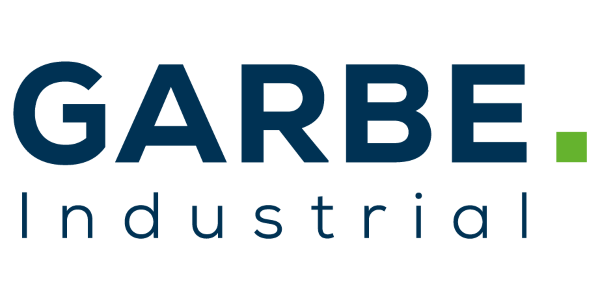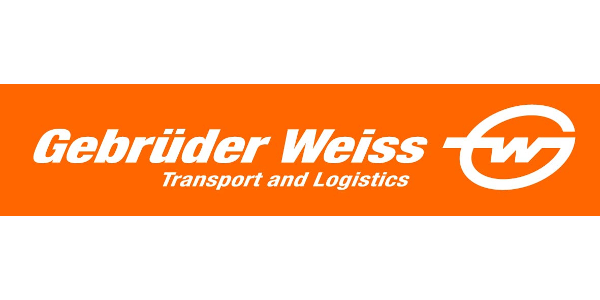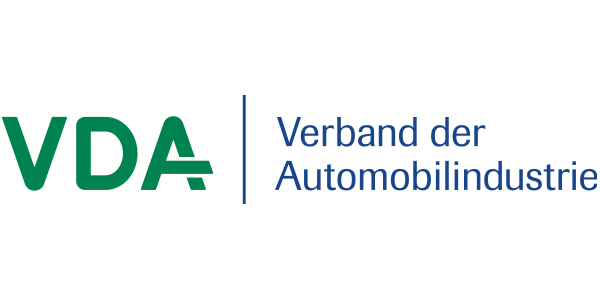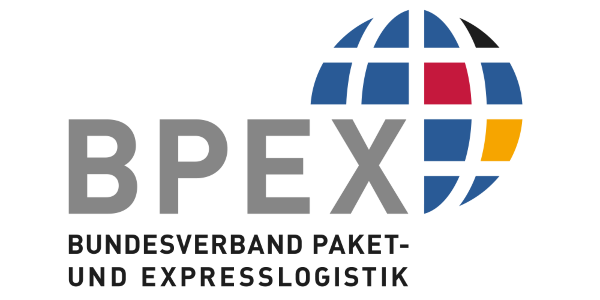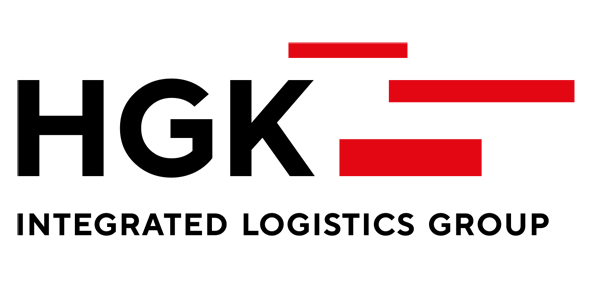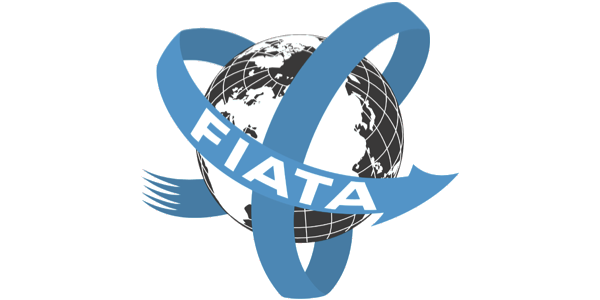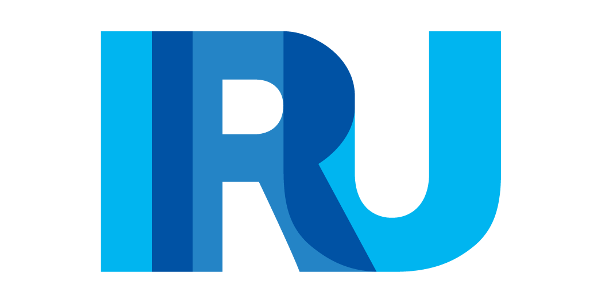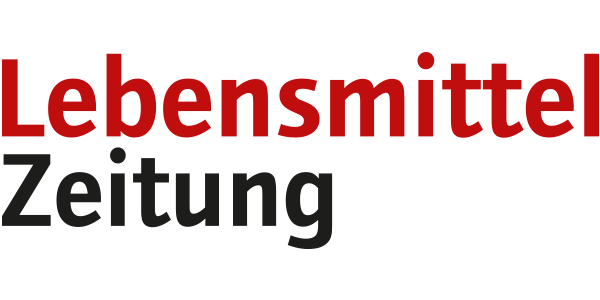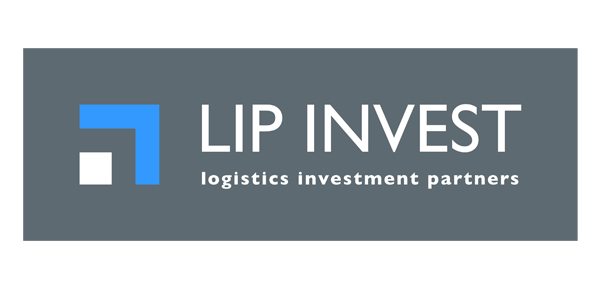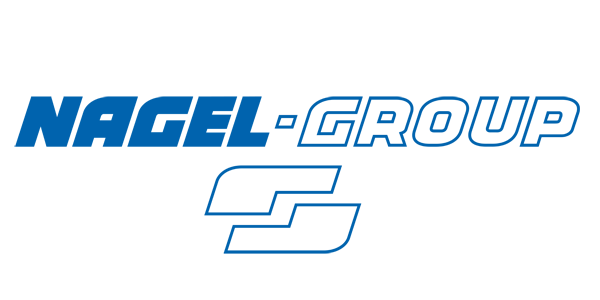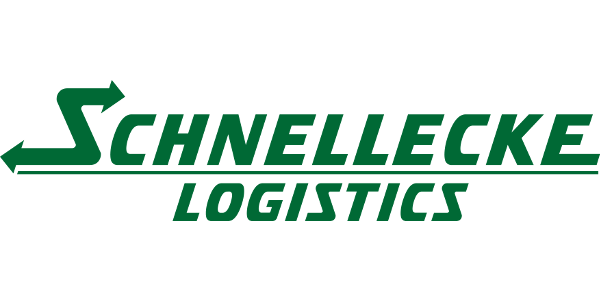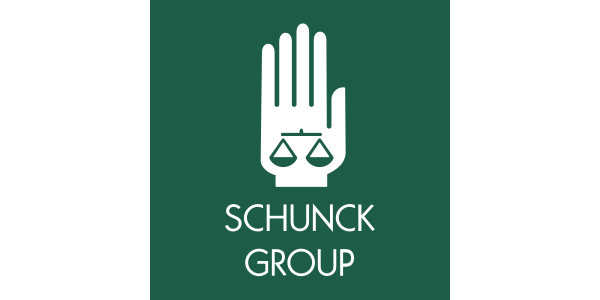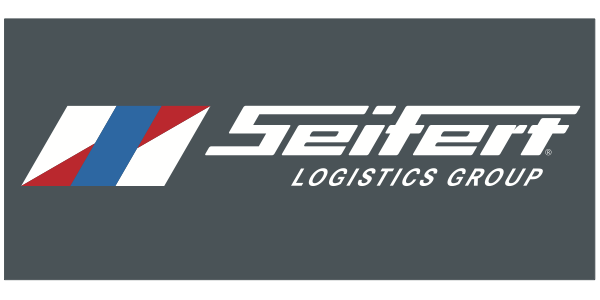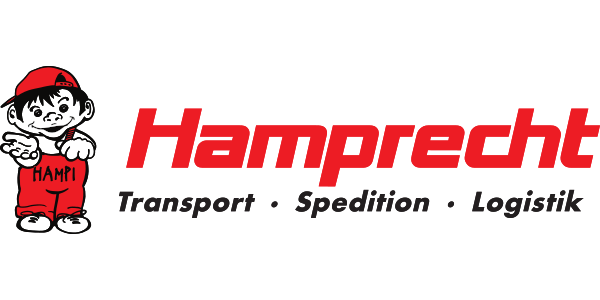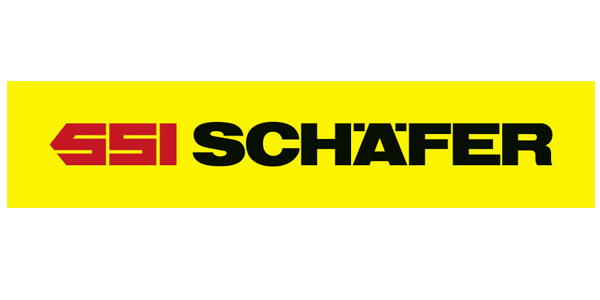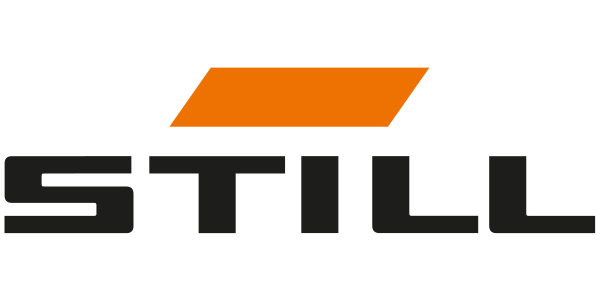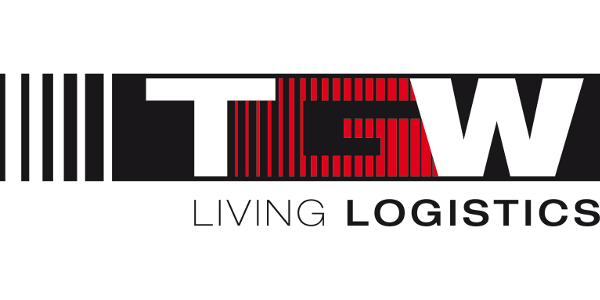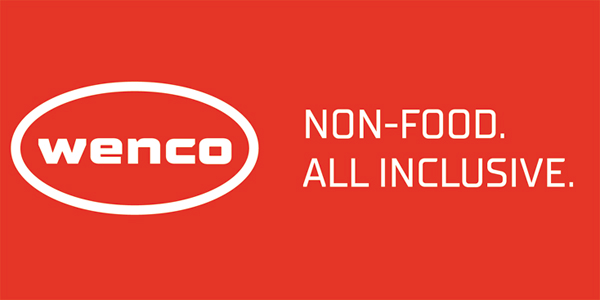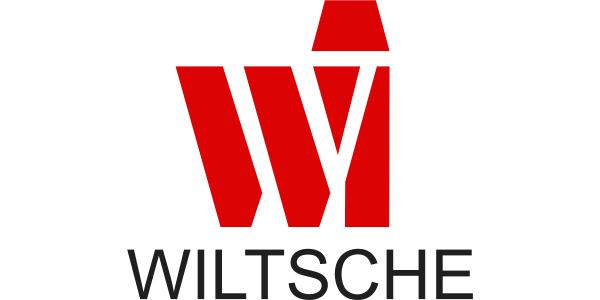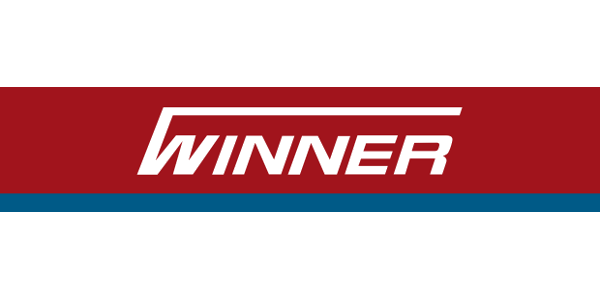
Sustainability reports are becoming a stress test for the logistics industry
Survey series by the Logistics Hall of Fame in cooperation with the SCHUNCK GROUP: Sustainability reporting requirements challenge companies. Data quality seen as the biggest hurdle in CSRD implementation, overall progress still low.
The introduction of the Corporate Sustainability Reporting Directive (CSRD) is emerging as a key challenge for the logistics industry. This is the finding of the latest Logistics Hall of Fame Trend Survey, conducted in September 2025 in cooperation with the SCHUNCK Group.
The average effort required for implementation is rated at 8.67 out of 10 points – a clear indication that companies view the regulatory requirements with great respect. At the same time, half of respondents (50 percent) stated that they have not yet started working on implementing the directive. Only 16.7 percent are already in the process of doing so. The CSRD is an EU directive that requires companies to report more comprehensively and consistently on their sustainability performance – that is, their environmental, social, and governance (ESG) aspects. The goal is to create transparency and promote sustainable business practices within the EU.
Data availability: the bottleneck of the CSRD
All participants cited data availability and quality (100 percent) as the biggest hurdle – a basic prerequisite for reliable sustainability reporting. Other major challenges include understanding the regulatory requirements (50 percent) as well as the resources and time involved (33.3 percent). Choosing the right software tools (33.3 percent) and collecting Scope 3 data across the supply chain (33.3 percent) are also seen as significant difficulties.
“The results clearly show that many companies still don’t know how to practically implement the multitude of requirements,” emphasizes Thomas Wicke, Managing Director of the SCHUNCK Group. “Data quality, processes, and responsibilities are the key levers – those who start too late risk not only fines but also reputational damage.”
High demand for consulting, tools, and exchange
The desire for support is correspondingly strong: half of the participants would like professional consulting on the requirements as well as technical tools for data collection and analysis. The same proportion see exchanges with other companies and best practices as valuable support. Some even call for a reduction in requirements – a clear signal to policymakers and regulators that the bureaucratic burden is becoming unmanageable for many corporations and mid-sized businesses.
“Pragmatic solutions and greater digital support are urgently needed to translate the CSRD requirements into practice,” says Wicke. “Small and medium-sized enterprises in particular need guidance, standards, and proven tools. We’ve recognized this need and established our own competence center. The specialists there are developing fully digital CSRD solutions and supporting our clients throughout the process,” he adds.
Cyber risks and labor shortages remain relevant – sustainability moves to the forefront
Although cybercrime (83.3 percent) and labor shortages (66.7 percent) remain the industry’s biggest risks, the current survey shows that sustainability compliance is now taking center stage on the strategic agenda. Companies will increasingly need to operate not only efficiently and securely but also transparently and sustainably.
“The CSRD is not just a reporting project – it’s a transformation process,” Wicke concludes. “It forces the industry to rethink structures, data flows, and responsibilities. Those who now see this as an opportunity will gain a long-term competitive advantage.”
The Logistics Hall of Fame Trend Survey, conducted several times a year in cooperation with the SCHUNCK Group, does not claim to be representative, but rather reflects the assessments of a selected C-level panel drawn from the partners’ networks. Interested parties can register for participation at This email address is being protected from spambots. You need JavaScript enabled to view it..
